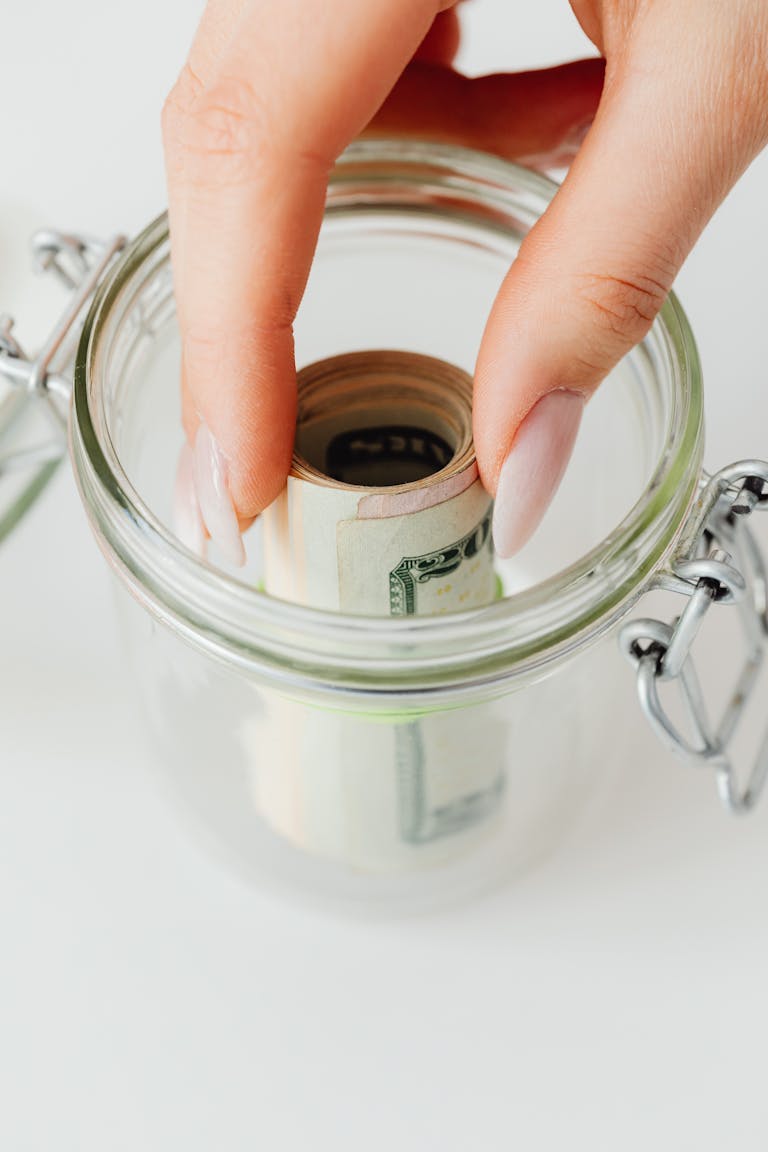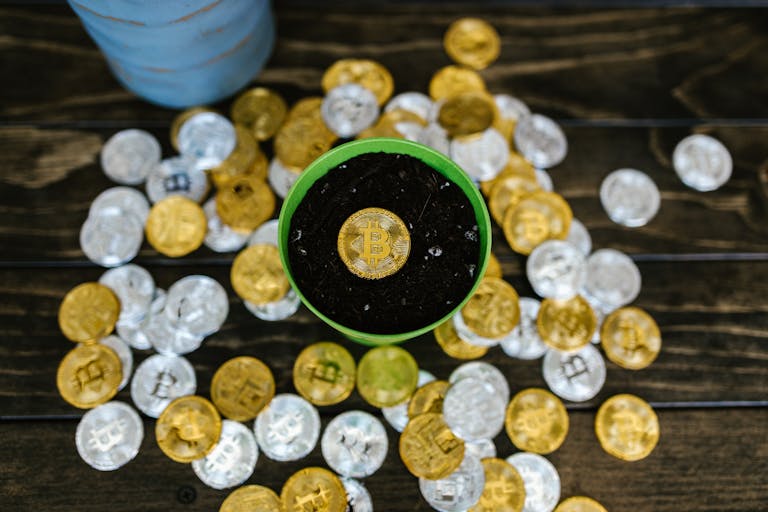In a noisy, consumer-driven world, minimalism isn’t just for your home — it’s a powerful strategy for your finances too.
By adopting minimalist money habits, you can simplify your life, save more, stress less, and build lasting wealth.
Here’s how.

1. Spend Intentionally
Minimalists don’t spend mindlessly.
They ask:
“Does this add true value to my life?”
Before every purchase, pause and reflect.
Mindful spending beats impulse buying every time.
2. Value Quality Over Quantity
Instead of buying five cheap items, invest in one durable, high-quality product that lasts.
Example:
Instead of buying cheap shoes yearly, invest once in a quality pair that lasts for years.
3. Cut Subscriptions Ruthlessly
Audit your subscriptions every 6 months.
Keep only the ones you actually use and love.
Cancel the rest — and watch hidden leaks disappear from your budget.
4. Avoid Lifestyle Inflation
Just because you earn more doesn’t mean you should spend more.
Minimalists keep their lifestyle simple even as income grows, letting savings and investments multiply instead.
5. Automate Your Savings
Minimalism is about reducing decision fatigue.
Automate savings so money flows effortlessly into emergency funds, retirement accounts, and investment portfolios.
Set it and forget it.
6. Master the Art of “Enough”
Minimalists believe in sufficiency.
They don’t chase status symbols — they chase freedom, peace, and purpose.
When you know you have enough, envy and overspending vanish.
7. Set Clear Financial Goals
Minimalists don’t pursue random desires — they focus.
Define specific goals:
- Save $10,000 emergency fund
- Pay off $20,000 debt
- Achieve $500,000 net worth
Clear goals = clear motivation.
8. Embrace Second-Hand and DIY
Minimalists aren’t ashamed to buy used, trade, barter, or DIY whenever possible.
Second-hand doesn’t mean second-best.
It often means smarter choices for both your wallet and the planet.
9. Invest in Experiences, Not Things
Minimalists prioritize travel, family memories, and skills over accumulating more stuff.
Experiences create lasting joy — purchases create fleeting satisfaction.
10. Practice Gratitude Daily
Gratitude reduces craving for more.
Each night, write down 3 things you’re thankful for.
A grateful mind is a wealthy mind — long before the bank account follows.
Q: How can minimalism help with saving money?
A: By cutting unnecessary expenses and focusing only on what truly matters, minimalism naturally increases your ability to save and invest more.
Q: Does living minimally mean being cheap?
A: No. Minimalism is about intentional living — spending wisely on what adds value, and cutting the rest. Quality is valued over quantity.
Q: Can minimalism make me wealthy?
A: Yes, over time. Consistently saving, avoiding lifestyle inflation, and investing intentionally are proven ways to build long-term wealth.
Q: How do I start minimalist money habits?
A: Start with one small habit — like cancelling an unused subscription — and gradually layer in more minimalist practices each month.
Simplify your financial life.
Start building minimalist money habits today — your future self will live richer, freer, and happier.

I’m EKBAL HOSSAIN MONDAL, the creator of SmartSolveTips.com — a blog dedicated to helping people improve productivity, avoid digital burnout, and live better online. With years of hands-on experience in self-development and digital wellness, I write practical tips and tools to help you stay focused and thrive in a fast-paced digital world.



